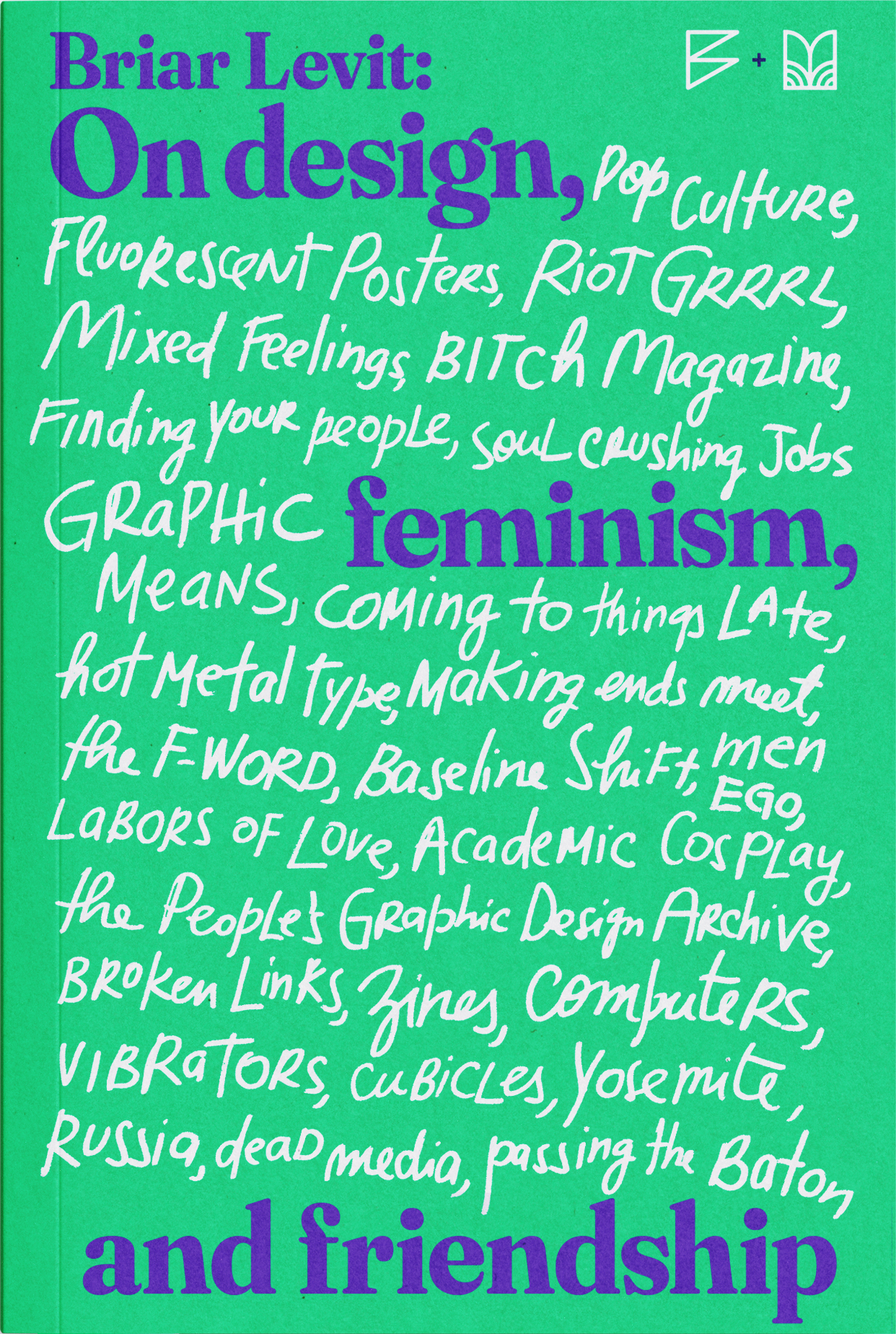ABOUT THIS BOOK
First published in 1986, Made in Patriarchy by Cheryl Buckley established essential foundations for feminist design history. Drawing on her working-class background and research on the UK ceramic industry, Buckley argued that design history systematically marginalized women by prioritizing design types and styles linked to masculinity and capitalist values, thereby reinforcing gendered stereotypes. This edition recirculates her pivotal essay alongside a 2020 revision, where Buckley reflects on both the progress made and the challenges that remain. The book also includes an original essay by Brazilian researcher Bibiana Serpa, exploring the impact of third-wave feminism, Black feminism, and Latin American movements on feminist design history.











